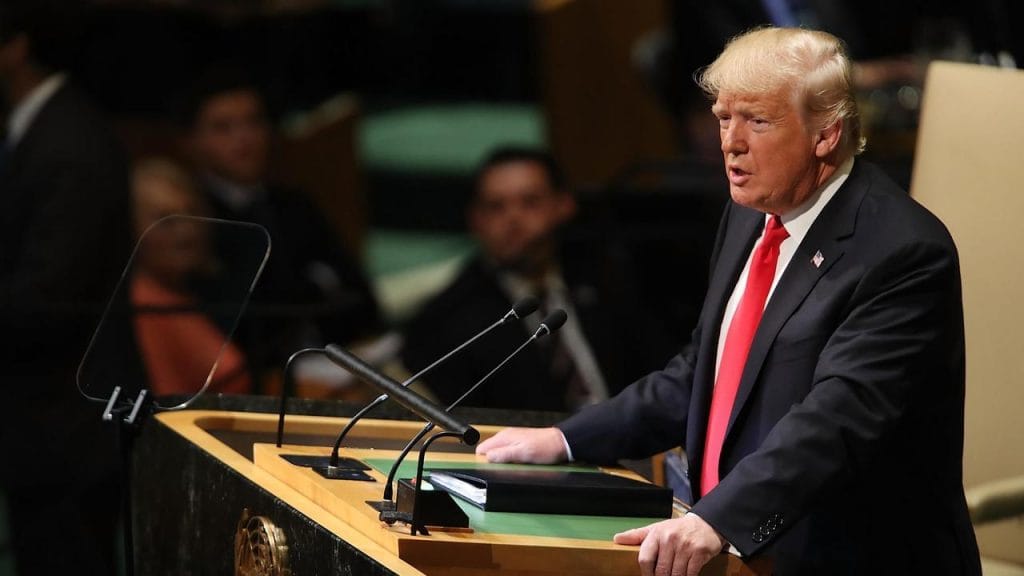
Trump’s administration keeps increasing the pressure over the world economy. The trade war between China and the US escalates after the American president applied fresh tariffs on $200 billion of Chinese imports. At the same time, the oil market will face another major peak when US sanctions over Iran materialise, with a greater impact on crude price.
Iran won’t be the only emerging economy facing tough times, Argentina, another key player within these countries has gotten a bailout from the IMF to avoid the non-stop drop of the Peso currency for a $57.1bn loan. If nothing else, this means another major strike on already hurting emerging economies. The markets receive these news with disturb as the world faces great challenges that need to be sorted out. Market expert analyst Mihir Kapadia – CEO and Founder of Sun Global Investments, shares his comments about the current situation:
On the Emerging Market Crisis
“Emerging Market assets continue to be under pressure as a resilient dollar boosted by increases in Fed interest rates and worries about excess leverage continue have a negative impact. There is an increasing threat that a US-initiated trade war will spill over further into the global economy – such worries have led to currency pressure in countries including Turkey, South Africa, Argentina, Indonesia and India. For a heavy energy importer like India, the resilient dollar along with higher prices are having a double impact on its currency.
While the combined effect of rising oil and dollar has been the stress factor, the main issue continues to be trader sentiment over protectionism polices. Countries such as India and Indonesia are continuing to experience positive and firm growth though their currencies have been among the worst performers in the EM basket. The key action to stabilise their currencies would be to increase inward investment while trying to narrow down the trade deficit. However such measures, even if implemented, can only work in the medium to long term.
The UAE, which is largely driven by oil revenues, is experiencing faltering growth in non-oil sectors. The UAE central bank yesterday had cut its forecast for economic growth this year after non-oil growth slowed slightly in the second quarter.
One of the main factors weighing on the UAE economy has been the slump in real estate markets – in the second quarter, Dubai property prices fell 5.8 percent from a year earlier and 1.7 percent quarter-on-quarter.”
Oil prices rise again as the world prepares for Iran sanctions
“Oil recorded a third consecutive day of gains as a result of the drop in U.S. stockpiles and the on-going supply concerns. Both WTI and Brent Crude were up today as OPEC announced it may not increase output to offset shortages Iran will face. Even though the sanctions will not come into force until 4th November, many countries have begun cutting down on their purchases in Iran. Experts are unsure as to whether just how effective this will be and whether it will only bring further instability to this volatile market.”
Read More:
Tradersdna is a leading digital and social media platform for traders and investors. Tradersdna offers premiere resources for trading and investing education, digital resources for personal finance, market analysis and free trading guides. More about TradersDNA Features: What Does It Take to Become an Aggressive Trader? | Everything You Need to Know About White Label Trading Software | Advantages of Automated Forex Trading









